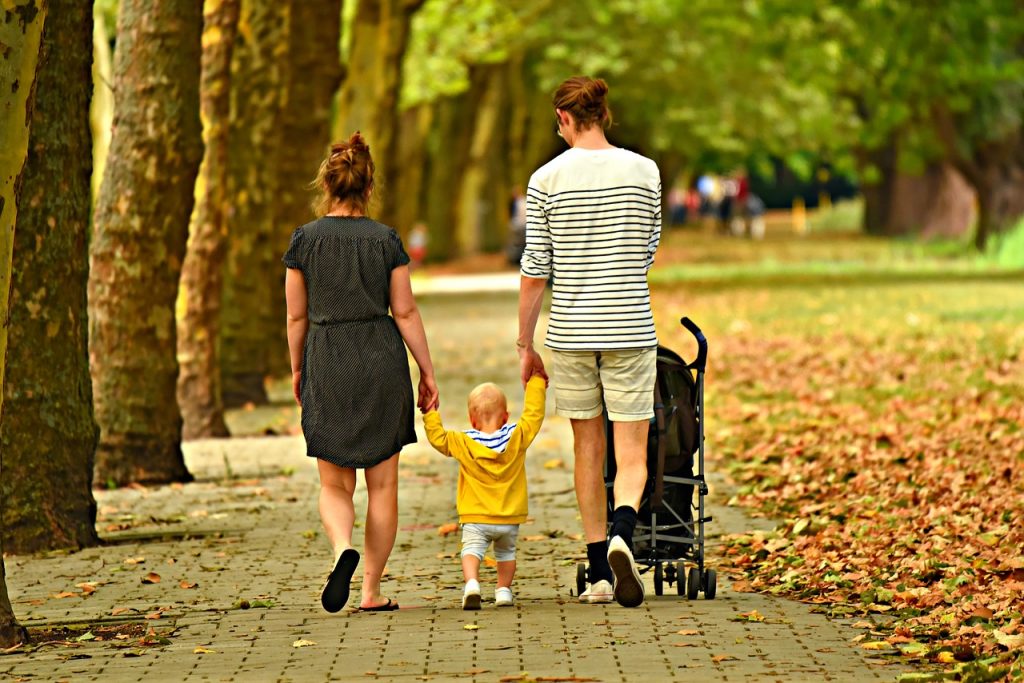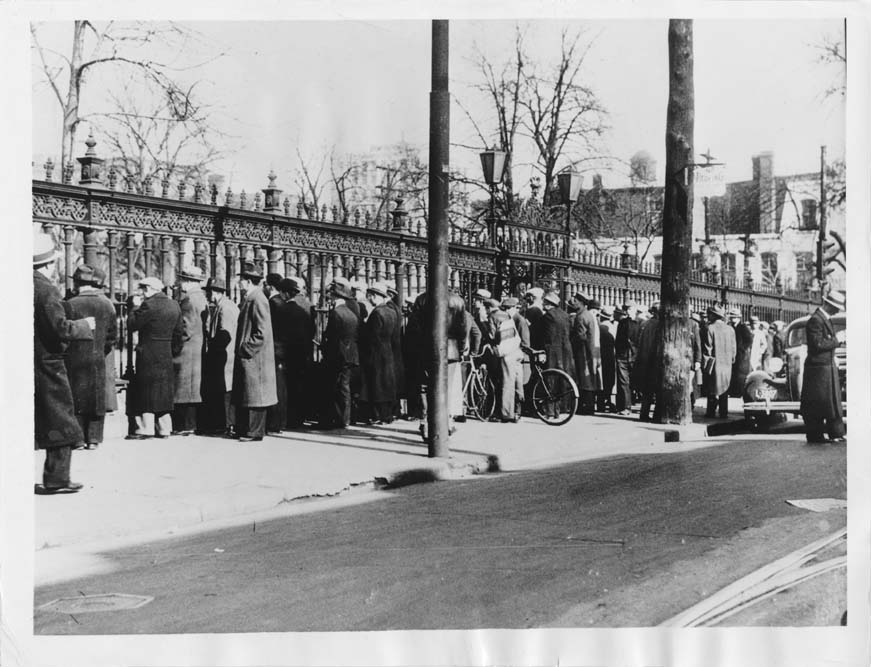When you think about inheritance, human rights might not come to mind so quickly, but they can be integral and have played a crucial role in helping to settle inheritance disputes in the courts for many years.
There isn’t a right in the Human Rights Convention that directly concerns inheritance, but depending on the circumstances, the following provisions may be relevant in disputes:
- Article 1, Protocol 1 – the right to peaceful enjoyment of property.
- Article 8 – the right to respect for private and family life.
- Article 14 – protection from discrimination in respect of these rights and freedoms.
We’ve previously looked at some instances where human rights laws help people to be treated equally in matters of succession. Now let’s take a look at a few more cases where these rights and other interesting laws come into play in connection with inheritance.
Adopted Grandchildren and Henry Hand’s will

Image Credit: MabelAmber / Pixabay.
In Hand v George, the right to respect for family life and freedom from discrimination (Articles 8 and 14 of the Human Rights Convention) were critical to the judge’s decision.
The case concerned whether adopted grandchildren could inherit from their grandparent’s estate.
The grandfather wrote his will in 1946, when the Adoption of Children Act 1926 dictated that a child remained the child of their birth parents, even if the child was adopted.
The law was amended in 1949, three years after the will was written, to add in that any reference in wills to “children” should include adopted children.
But because the will in question – which laid out that the grandfather left his estate to his three children and their children – was not updated following the 1949 Act, the extension to include adopted children did not apply on the face of the legislation.
However, in light of rulings from the Human Rights Court, the judge determined that the adopted grandchildren should not be discriminated against by applying the provision in the 1929 Act which would have caused the will to be interpreted so as to exclude them. The adopted grandchildren could inherit under the will because the court had to respect their rights under Article 8 of the Human Rights Convention, in conjunction with Article 14.
Step-sisters dispute over deaths of John and Marjorie Scarle

Image credit: bmewett / Pixabay.
On Tuesday (13 August 2019), an inheritance dispute between two step-sisters was determined in the High Court.
The case was particularly unusual. It concerned John Scarle, 79, and his wife, Marjorie, 69. Due to a presumption in section 184 of the Law of Property Act 1925, the person to whom the estate would be passed depended on the order in which John and Marjorie died.
If Marjorie died first, then John’s daughter, Anna Winter, would have inherited their jointly-owned home and bank account with £18,000 in savings. If John died first, then Marjorie’s daughter, Deborah Ann Cutler, would inherit the estate under Marjorie’s will.
Medical evidence showed that both John and Marjorie had died of hypothermia at their home in Essex nearly three years ago. However, it wasn’t clear who had died first. So step-sisters Anna and Deborah went to the High Court to determine who could inherit the estate.
Although Marjorie’s body “was significantly more decomposed than John’s” according to the pathologist, her daughter argued that this could be due to the microclimate, as the bodies were found in two different parts of the home. A rarely-used section of the Law of Property Act was invoked.
Section 184 states: “Such deaths shall (subject to any order of the court), for all purposes affecting the title to property, be presumed to have occurred in order of seniority, and accordingly the younger shall be deemed to have survived the elder.”
The judge concluded that where the order of death is uncertain, the presumption in section 184 – that the younger person survived the older one – operates, unless it is proved otherwise on the balance of probabilities. On the facts, the court found that Anna – the daughter of John (who was older) – had not shown that the presumption should be rebutted.
Consequently, the presumption that the younger person died later operated – and Marjorie’s daughter Deborah was entitled to inherit the estate.
Charles Vance Millar and the ‘Stork Derby’

The crowd gathered to view Stork Derby contestants entering the building to present their claim to the inheritance prize. Image Credit: LSUC Archives / Flickr.
Charles Vance Millar was a Canadian lawyer who died at the age of 73 on 31 October 1926. As a final goodbye, Millar decided to carry out a social experiment.
He had no family for his vast estate, which included cash and property to the tune of more than $10 million Canadian dollars in today’s money.
Some of Millar’s bequests were mischievous to say the least. In his will, he gave shares in a jockey club to a group who opposed gambling and shares in a brewery to a religious group who opposed alcohol.
But the bulk of his estate (about $9 million after distribution of the shares), was left to the Toronto family that had the most babies in a 10-year-period, starting from the day of his death.
Millar was known to support birth control, and it’s believed his last wish was a nod to this. However, what he couldn’t predict was the great depression that soon followed his death and the poor mothers that would desperately have as many children as possible in the hopes of winning the prize, only for many to be left with many more mouths to feed and even more impoverished.
The details of Millar’s will didn’t become well-known until 1932, meaning just over 24 families could be in the running.
Towards the end of the ‘Stork Derby’ as it came to be known, six families were still in the race. Pauline Clarke was excluded from the race by a judge, who said that because five of her ten children were “illegitimate” (or fathered by a man who was not her husband), she was disqualified. She later was given a settlement of $200,000.
Lillian Kenny also received a $200,000 settlement after she was disqualified because three of her children were stillborn.
The remaining four families – each with nine children – received an equal split of two million dollars.
Want to learn more on this topic?
- Read about why respect for family life is a human right.
- Learn about how same-sex couples gained equality in matters of inheritance.
- Check out our posters on the right to family life, enjoyment of property and freedom from discrimination.







